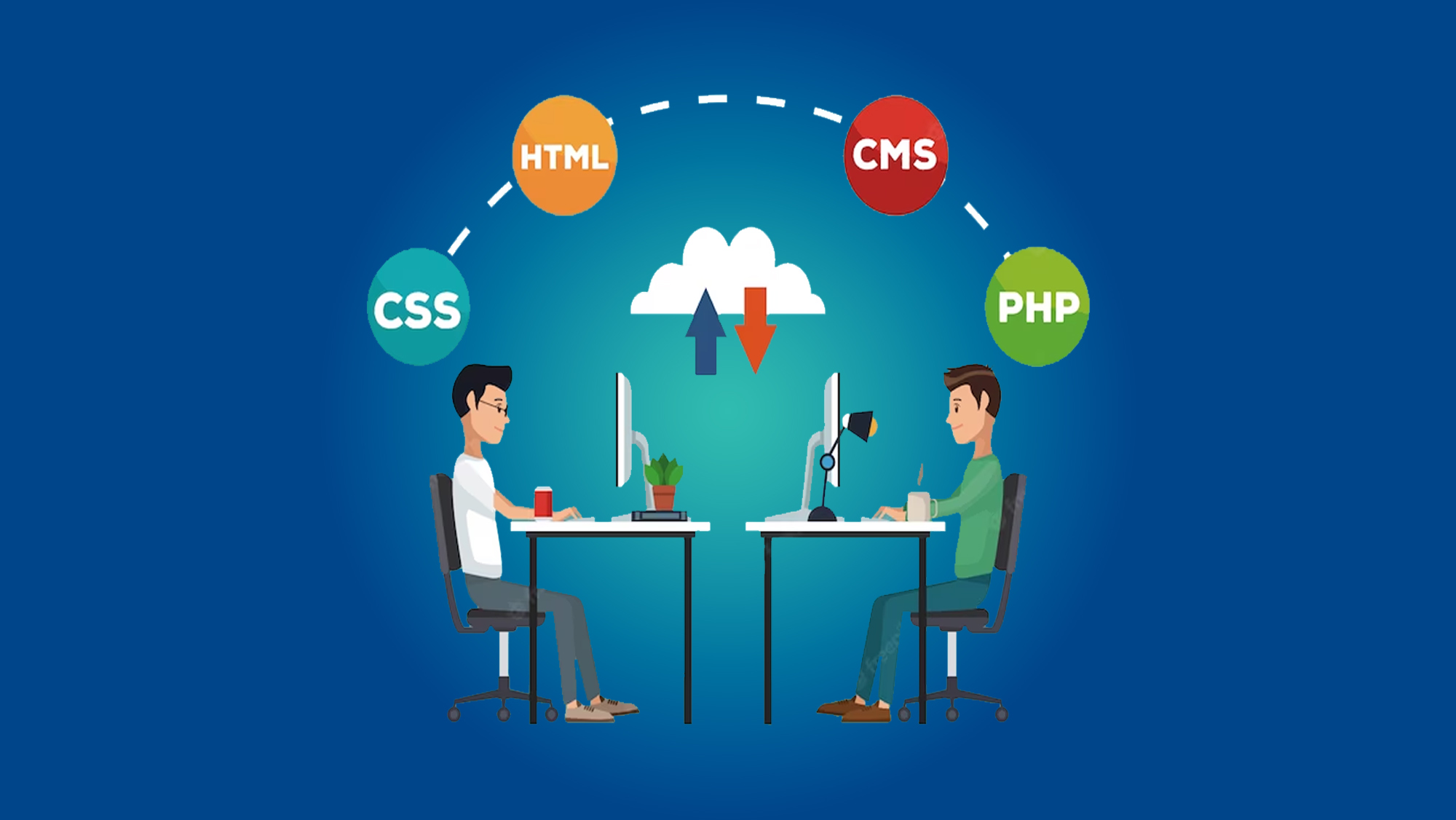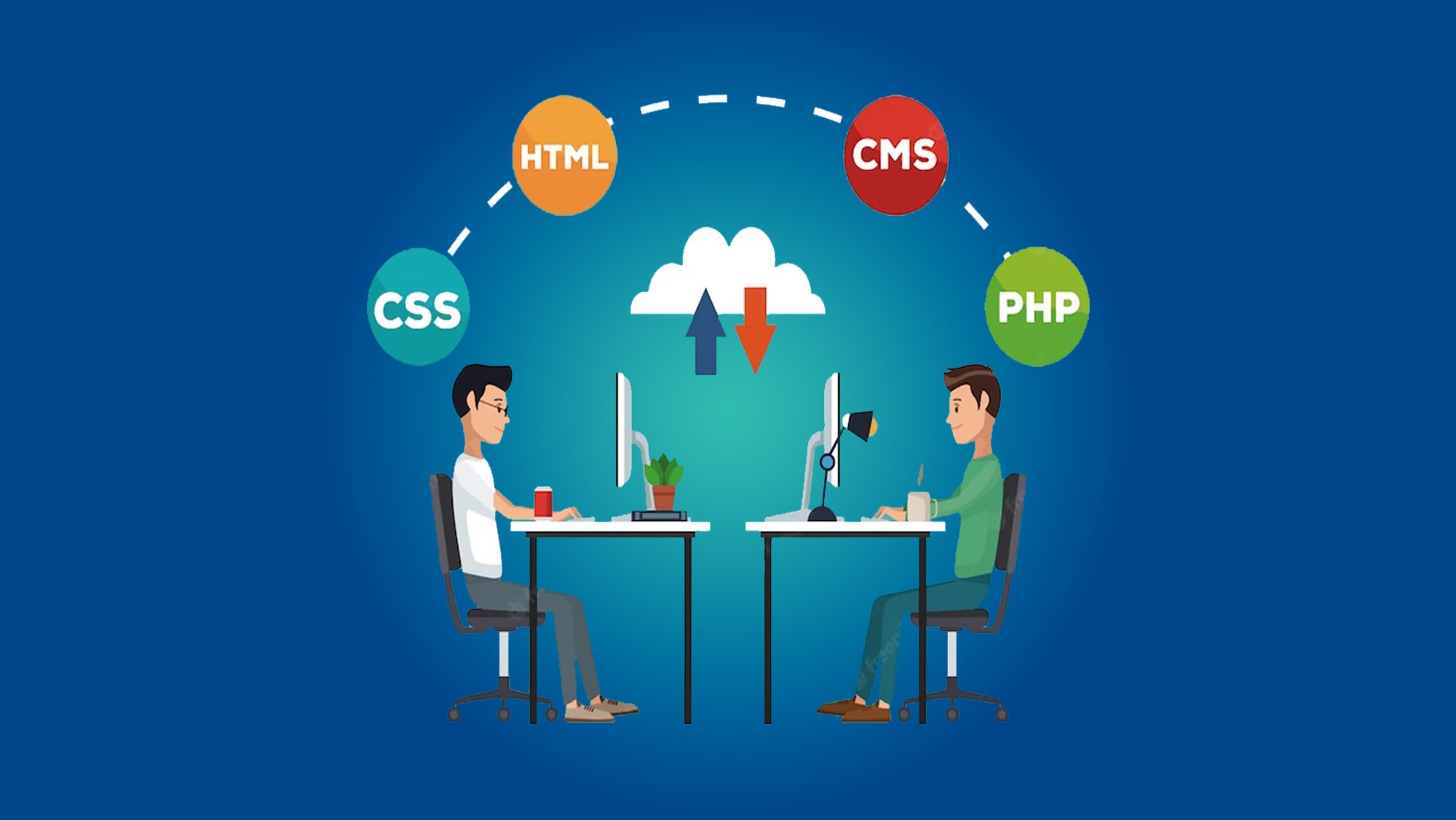Core Java Vs Advanced Java: Differences and When to Use Each
Introduction:
Core Java and Advanced Java are two distinct aspects of Java programming, each serving different purposes. This blog will delve into the differences between Core Java and Advanced Java and provide insights into when to use each of them, helping readers understand their respective roles in Java development.
1. Core Java:
Core Java refers to the fundamental concepts, syntax, and libraries that form the foundation of Java programming. It covers topics such as basic syntax, object-oriented programming (OOP), data types, control structures, exception handling, and input/output operations. Core Java is essential for beginners and serves as a prerequisite for understanding advanced Java concepts.
2. Advanced Java:
Advanced Java builds upon the foundation of Core Java and encompasses additional concepts and frameworks that enable developers to build sophisticated and enterprise-level applications. It includes topics like Servlets, JavaServer Pages (JSP), Java Database Connectivity (JDBC), Enterprise JavaBeans (EJB), Java Persistence API (JPA), and frameworks like Spring and Hibernate.
3. Differences between Core Java and Advanced Java:
The blog will highlight the key differences between Core Java and Advanced Java. Core Java focuses on the basics and covers the core language features, while Advanced Java delves into specific domains, providing tools and libraries for building enterprise-level applications. Core Java is necessary for all Java developers, whereas Advanced Java is specialized knowledge for specific application development needs.
4. When to Use Core Java:
The blog will explain scenarios where Core Java is sufficient and appropriate to use. Core Java is suitable for small-scale applications, command-line tools, basic web development, and learning Java fundamentals. It is ideal for beginners and projects with straightforward requirements that do not demand advanced functionality or enterprise-level capabilities.
5. When to Use Advanced Java:
The blog will discuss situations where Advanced Java comes into play. Advanced Java is suitable for building complex, large-scale, and enterprise-level applications. It is ideal for web development with Servlets and JSP, accessing databases with JDBC, implementing advanced business logic with EJBs, and leveraging frameworks like Spring and Hibernate for efficient application development.
6. Importance of Core Java Knowledge:
The blog will emphasize the importance of having a strong foundation in Core Java before diving into Advanced Java. Core Java provides a solid understanding of the language and OOP principles, which are crucial for grasping the advanced concepts and frameworks offered by Advanced Java.
7. Continuous Learning:
The blog will conclude by highlighting the importance of continuous learning in the Java ecosystem. While Core Java forms the basis, developers should strive to expand their skills by gradually exploring and mastering Advanced Java concepts to stay competitive and adaptable in the ever-evolving Java landscape.
Conclusion:
Understanding the differences between Core Java and Advanced Java is crucial for aspiring Java developers. Core Java lays the foundation, while Advanced Java provides specialized tools and frameworks for building complex applications. By recognizing the appropriate use cases for each, developers can make informed decisions and leverage the right set of skills to meet project requirements effectively. Continuous learning and a strong Core Java knowledge base are essential for mastering Advanced Java and staying relevant in the Java programming world.
You May Also Like
These Related Stories

Mastering Core Java: Essential Concepts and Best Practices

Everything You Need to Know About Core Java Training




No Comments Yet
Let us know what you think